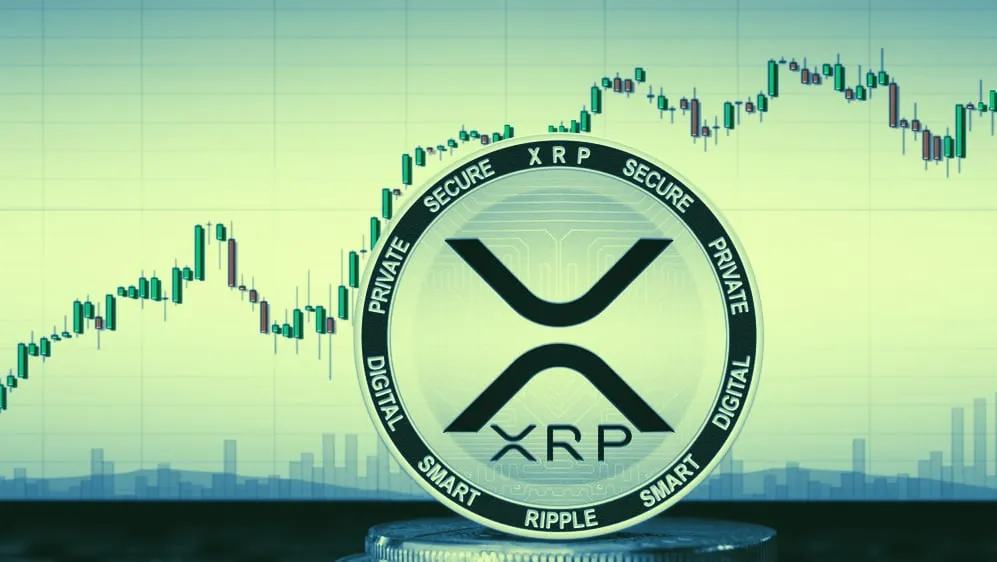In brief
- Ripple's valuation is now a third higher than in late 2019.
- The shadow of an SEC lawsuit still hangs over the company.
- Ripple is touting major growth in its payment business.
Ripple announced on Tuesday that it has bought back the shares from the investors who financed its $200 million Series C round in December of 2019. According to the company, the new share purchase values the company at $15 billion—a third more than the $9.8 billion valuation the company received at the time of the Series C.
The buyback and the valuation is notable because it suggests that Ripple is feeling bullish about its prospects despite an SEC lawsuit that rocked the company at the end of 2020. The case, which is being closely watched by the broader crypto industry, turns on whether Ripple and its top executives sold the currency XRP to the public as unlicensed security.
According to a Ripple spokesperson, the company bought out the investors with cash it had on hand. The spokesperson cited "our extremely strong position in the market," and noted that "Ripple is cash flow positive, has $1B in the bank and a strong balance sheet."
The investors who sold their shares back to Ripple include Series C lead investor Tetragon Financial group, which sued Ripple in early 2020 in an unsuccessful attempt to back out of its investment following the SEC suit.
Ripple also cited 2021 as its most successful year ever, saying the volume of its payment business has doubled and that its "on demand liquidity" business has expanded to 22 markets from the three markets it served in 2020.
Tuesday's news may help persuade Ripple skeptics who have long doubted whether the company had a viable business. Founded in 2011, Ripple is best known for owning the majority of the cryptocurrency XRP, which it has been selling for years to fund its operations.
In recent years, the company has tried repeatedly to brand XRP as a "bridge currency" to facilitate international transactions, providing software to banks and money markets to facilitate this. Skeptics, however, claim the software business is peripheral and point out that the bulk of Ripple's revenue continues to come from XRP sales.
The SEC repeated that claim in its lawsuit and, in response to agency's actions, the price of XRP tumbled and several exchanges stopped offering the currency to customers.
In response to the lawsuit, Ripple has mounted an unusually aggressive defense, and accused the SEC of hypocrisy for declaring that Ethereum's currency is not a security while XRP is.
While some legal experts have predicted that Ripple is likely to lose the case, the company has won a series of procedural rulings that have the potential to embarrass the agency by forcing it to turn over records of its internal deliberations.
Currently, XRP is trading around 60 cents and is the 8th most value cryptocurrency overall.

